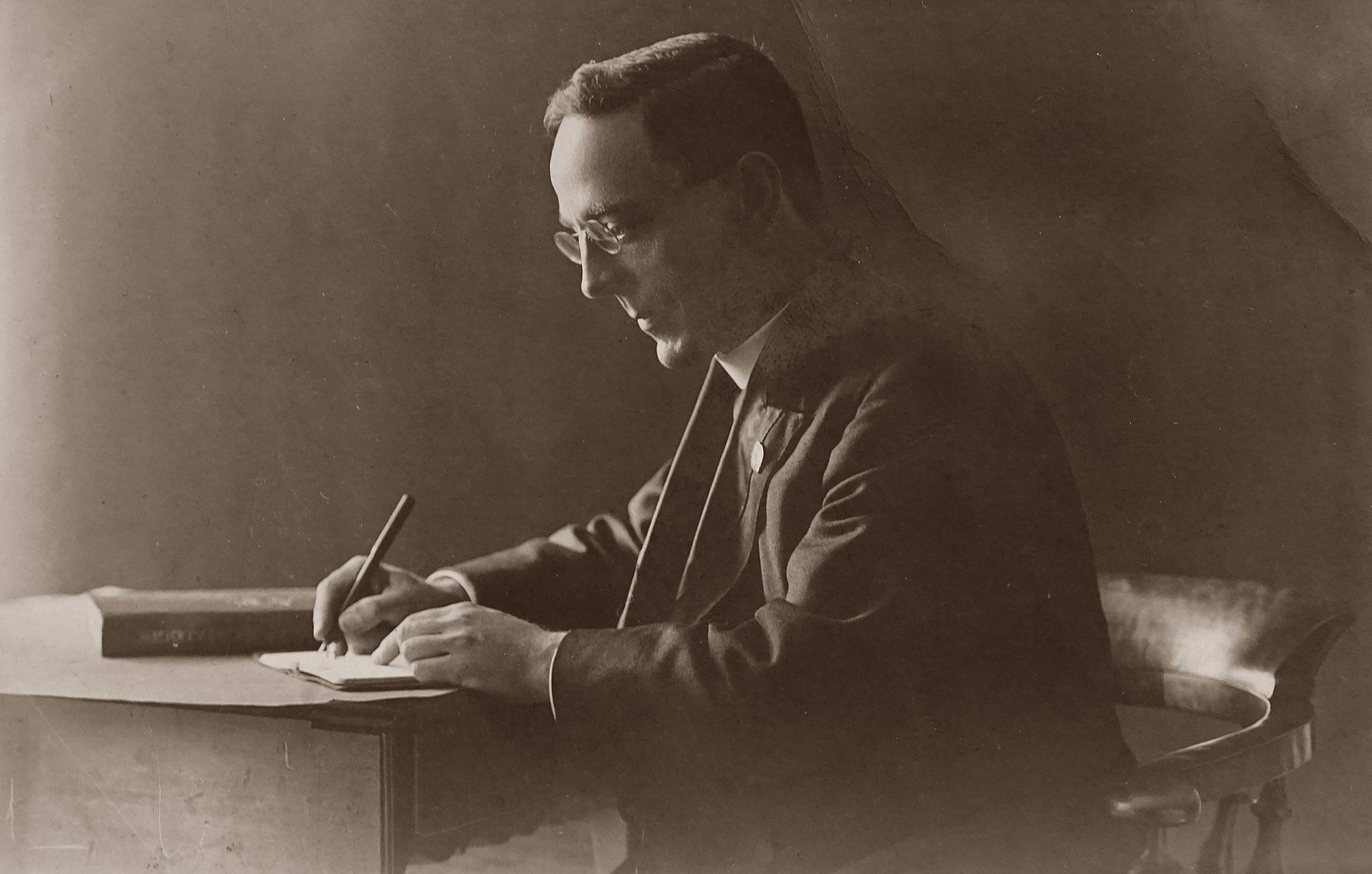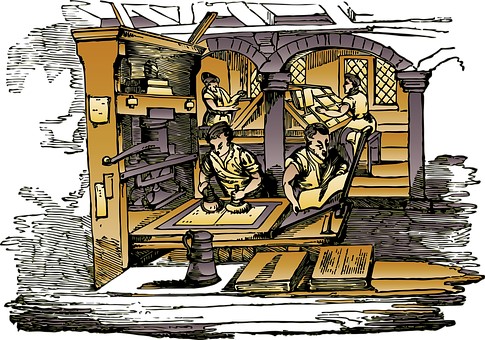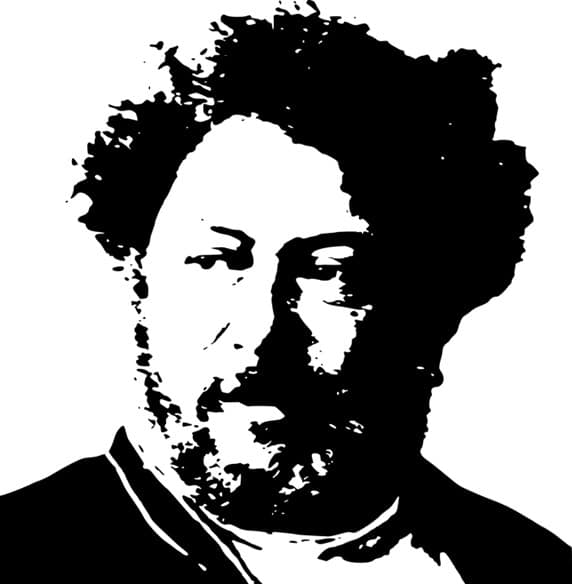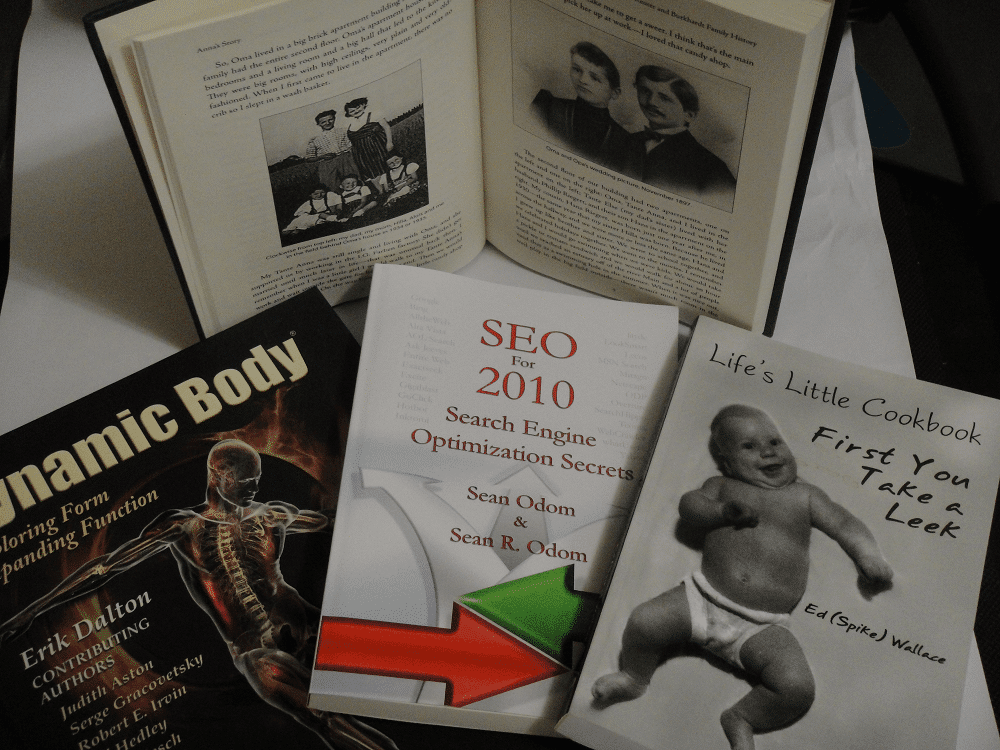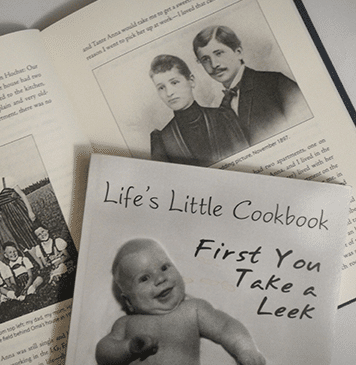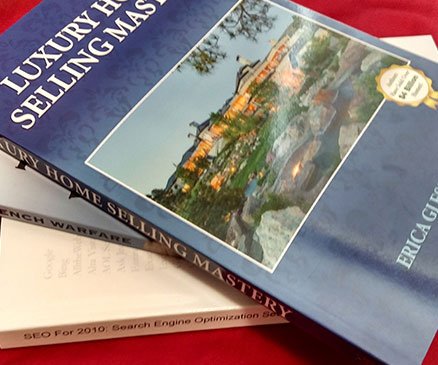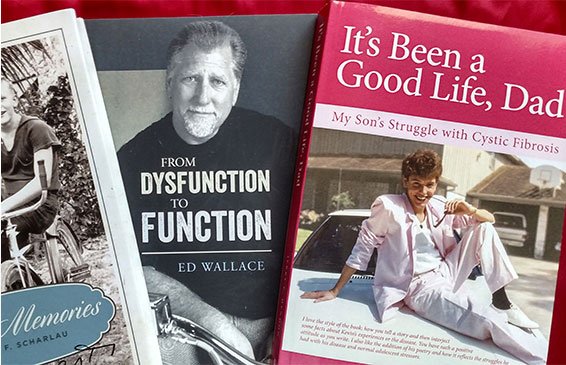For nearly 5,000 years, there have been two kinds of humans:
1) People with expendable income who have something to say
2) People who write better than the first category
Hence, a ghostwriting service is born. From ancient Egypt to the modern U.S., literate cultures have relied on ghostwriters to convey politics, business, science, entertainment, and more. As author Jennie Erdal remarked, “It might almost qualify as the oldest profession if prostitution had not laid prior claim.”
If you write something with no expectation that your name will appear on it, then we consider it ghostwriting.
Thus defined, even skimming the history of ghostwriting is a daunting task. Nearly 5,000 years of fragmented records, an evolving concept of authorship, hundreds of languages, and the fuzzy lines between collaborator, editor, and primary author all make for a rich but tangled history.
To make some sense of this long and hidden history, we’ve broken ghostwriting down into types: Household Names, Series Brand, Director’s Brand, Political Statement, and Memoirs of Public Figures.
Household Names
When an extremely popular writer dies, that doesn’t stop readers from craving more of their work. Rather than lose their golden goose’s revenue, the publisher or estate simply finds a replacement writer.
We associate this technique with modern novels, but it’s older than dirt — or, at least, older than 400 BCE.
Back then, a playwright named Euphorion produced several award-winning plays, claiming that they’d all been written by his famous but deceased father, Aeschylus.
Some historians suspect that Euphorion actually wrote the plays himself but used his father’s name to impress judges and audiences.
At least Euphorion never denied that his father was actually dead. At the height of the American craze for dime novels, writer Edward Wheeler created a wildly successful character called Deadwood Dick. Audiences gobbled up his books . . . even after the writing quality suddenly and mysteriously degraded.
There’s strong evidence that Wheeler actually died in 1885, but publishers Beadle & Adams successfully hid this even from his fellow writers.
Given Deadwood Dick’s selling power, they had every reason to pretend that Wheeler was still writing. They simply hired ghostwriters—at least one of whom assumed that Wheeler had had a breakdown but was still alive—and released 97 Deadwood Dick novels over the next 11 years.
This deception may seem silly and unnecessary (not to mention unethical), but it’s worth noting that the entire industry of mass-produced, cheap fiction was still both incredibly young and competitive.
Publishers were learning, through trial and error, what combination of author’s name, house reputation, and genre sold well.
It’s easy for us to point out that characters like James Bond, Hercules Poirot, and Jason Bourne continue to sell under new authors’ names—but in 1885, less than 30 years after they’d released the first dime novel, Beadle & Adams did not have such well-known precedents to fall back on.
All they knew was that Deadwood Dick + Edward Wheeler sold, and they weren’t eager to change the formula. (Not that we’re pretending Beadle & Adams were saints.)
In some ways, the era of the dime novel was the perfect environment for this method of ghostwriting.
Printing and transportation had just become cheap and reliable enough to sell novels to the enormous working-class population, but communication wasn’t quite good enough for little details like an author’s untimely death to spread easily.
Of course, public knowledge of an author’s death didn’t stop the V.C. Andrews estate.
Andrew Neiderman has been ghostwriting for the deceased author for 29 years. Even though Neiderman has actually produced considerably more books than she, Andrews remains listed as the sole author on the publisher’s and some sellers’ websites.
Neiderman’s website, however, unabashedly calls him the “most successful ghost writer in American literary history.” Perhaps he has a point: His books benefit from the lingering power of the V.C. Andrews’ name, but it’s an open secret that Neiderman created them.
Series Brand
Anyone who’s enjoyed “Nancy Drew,” “The Hardy Boys,” or “Warrior Cats” owes hours of pleasure to this unique brand of ghostwriting.
In the early 1900’s, writer and publisher Edward Stratemeyer pioneered the production of long-running, ghostwritten children’s series.
He and his daughters sketched out the character of Nancy Drew, outlined some basic plots, and hired teams of ghostwriters to write under the shared pseudonym Carolyn Keene.
As Stratemeyer hoped, readers came to like and trust the pseudonym long after ghostwriters left the series and were replaced.
His syndicate used the same strategy to create and launch other popular series, including “The Hardy Boys” and “Tom Swift.”
Similarly, the YA (young adult) series “Warrior Cats” is co-created by a team of authors and editors under the shared pseudonym Erin Hunter.
Unlike the Stratemeyer syndicate, which attempted (with mixed success) to keep their methods secret for decades, the Warrior Cats website spells out the pseudonym’s origin and each member’s contributions.
Despite our ability to Google the truth, the pseudonyms’ powers persist. As Stratemeyer grasped, readers prefer the idea of one beloved, long-lived author to a calculated syndicate—Carolyn Keene remains a story within a story.
When told that a reader was surprised to hear Carolyn Keene never existed, long-time Nancy Drew ghostwriter Mildred Benson retorted, “That’s like saying there’s no Santa Claus.”
Director’s Brand
Some people transition from full-time creator to full-time celebrity/businessperson.
Writing their own work initially launches them into fame or fortune, but maintaining that spotlight becomes its own full-time job and they eventually outsource the actual writing.
This ironic type of ghostwriting causes justifiable confusion, especially because the named author’s portfolio can contain such a mixed bag.
Your shelf of James Patterson books probably contains a few volumes he wrote fairly unassisted, a few he almost completely outsourced, and a few that openly name his co-author.
This ironic path to ghostwriting has a long and often hilarious history.
The Chinese emperor Gaozong so wanted a reputation for prolific writing that he hired ghostwriters to expand his portfolio. He openly admitted this by saying, “From now on, even if I have new works, some might be created by officials.”
Alexandre Dumas was refreshingly flamboyant about his writer-celebrity-creative director lifestyle. While he initially wrote plays and stories unassisted, he later hired multiple ghostwriters and invested more time on publicity tours and self-branding stunts. Stories sold well, thanks to the Dumas name–but how much did he direct, and how much did he actually write?
To this day, there’s considerable debate over how much credit belongs to his collaborator Auguste Maquet, who sued, and lost, for co-author recognition.
James Patterson, who’s published over 200 novels in 45 years (a rate of four novels per year), is probably the most famous contemporary example of this creative director approach. He openly admits that he delivers an outline to one of his many collaborators, who then writes the actual first draft.
Despite such refreshing openness, Patterson’s publication history still raises some questions. The first nine Maximum Ride books are listed solely under his name, with Gabrielle Charbonnet (also known under the pen name Cate Tiernan) merely mentioned in the acknowledgements. Her blog and various booksellers don’t claim co-authorship, but it later came out that Charbonnet had drafted several of those Maximum Ride books. To further confuse matters, the series’ most recent addition, “Hawk,” does list Charbonnet as co-author.
Her blog explicitly states that “not every prolific writer collaborates, the way Jim does . . . Jim is one of the few people who gives his cowriters credit, which is very gutsy and generous.”
It’s possible that in the early stages of his business model, Patterson was playing it safe by taking the conventional approach of not openly acknowledging his ghostwriters.
As time went on and his name grew, he felt freer to take the risk of sharing credit more openly–a risk that plenty of celebrity authors never take.
Political Statement
It’s not surprising that political leaders have used ghostwriters for centuries—with rebellion and reelection on the line, they’re well motivated to use professional writers when possible.
Of course, the farther back we go, the fuzzier the definition of ‘ghostwriting’ becomes.
For large periods of history, rulers weren’t particularly literate. Even if they could read, they often lacked the mechanical skill of writing by hand and dictated to their court scribe, who then drafted the actual proclamations and decrees.
For example, ancient Egyptians used several different kinds of writing. A pharaoh who was fully literate in one script might still require a professional scribe to write his proclamations in the other two or more scripts, some of which were highly ceremonial and probably required some creative rewording.
Plenty of European monarchs were in a similar boat, including Charlemagne. While historians disagree on whether he learned to read, he almost definitely didn’t write well enough to handle official business.
Does this dictation count as ghostwriting?
We would argue that in some cases it certainly does, as the scribe was probably conveying the spirit of the king’s message, but in more formal, flowery language.
Another dubious case is bill writing. At least some of the Founding Fathers drafted legislation themselves, but currently a combination of lawyers, congressional aides, and special interest groups create the actual language. Does this constitute a shift into ghostwriting?
On one hand, congresspeople take responsibility for those bills. On the other, congresspeople don’t officially claim that they’re the ones actually writing bills—the full text simply appears on places like Congress’ website without any authors named.
A more clear-cut category is speechwriting.
Even though American politicians used ghostwriters for their correspondence and speeches from the beginning–Alexander Hamilton contributed heavily to Washington’s farewell address, the general public didn’t know about or accept the practice until the 1930’s.
As media appearances became more frequent and burdensome, ghostwritten speeches gradually crept from an embarrassing necessity to accepted practice.
It’s easy to Google any recent president’s speechwriters, and no one holds it against them. In fact, as Gil Troy points out in Politico, “The American public has a mixed reaction to off-the-cuff remarks and instead expects polished, professionally crafted speeches as the default setting.”
Memoirs of Public Figures
Somewhere down the line, publishing one’s own memoirs pivoted from an act of arrogance to a rite of passage for every former president, YouTuber, Hollywood actor, and obscure cabinet member.
Memoir sales rose 400% from 2004 to 2008 alone, and that was before social media influencers really joined the party.
It’s hard to picture now, but early U.S. presidents rarely released memoirs, much less commissioned ghostwriters.
According to historian Greg Fehrman, Ulysses S. Grant’s extremely successful memoirs first broke the ice, but Harry Truman’s opened the floodgates.
It helped that Grant’s memoirs were both well written (they’re still popular reading today) and well positioned for success.
Historians debate over how much Mark Twain contributed to the writing and editing process, but they agree he helped drive the marketing campaign.
Twain also likely recognized that the time was ripe for such a venture–by 1885, the country craved answers about the Civil War and wanted to hear from Grant personally.
Cheap printing and good transportation enabled sales, too–for the first time in Western history, the general population could afford and access memoirs.
Setting a trend that continues today, Harry Truman hired a ghostwriter for his memoirs right around the time presidential libraries were becoming common.
Nowadays, exactly how each president works with his ghostwriter varies–some reportedly do the first draft themselves, while others never pick up a pen. Ronald Reagan even joked, “I hear [my memoir’s] a terrific book. One of these days I’m going to read it myself.”
The public appetite for memoirs has only grown since.
Politicians, like governors and cabinet members, regularly publish books to boost their credentials, make money, or simply tell their story.
The sheer number of celebrities has also exploded in the wake of YouTube, social media, and other online venues–and more celebrities means more celebrity books.
Here to Stay, Here to Evolve
Ghostwriting flourished even on papyrus, and technology has only encouraged it since.
The internet often sheds light on ghostwriters’ roles–both through accidental leaks and writers speaking up–but it creates demand for ghostwriters more often than it outs them.
Ebooks, social media accounts, web pages, and even emails constantly require anonymous wordsmiths.
Whoever inscribed the first ghostwritten words on stone and clay couldn’t have imagined the complicated, thriving industry it is today. (In an ironic twist, Hillary Clinton’s ghostwriter, frustrated at being denied co-authorship, came out with her own tell-all.)
We like to think, though, that that first ghost-scriber would be glad to see so many anonymous writers thriving and the myriad of readers who have been entertained, informed, and satisfied by the results.








